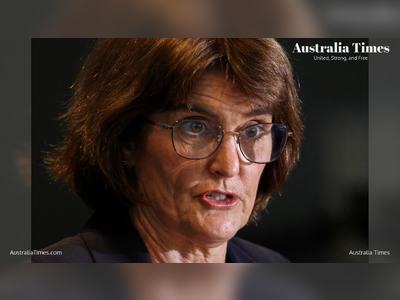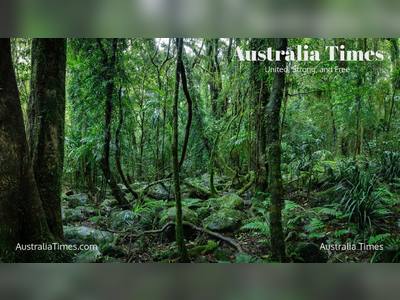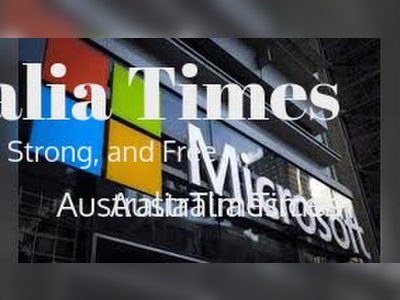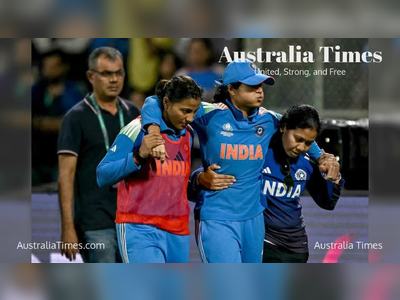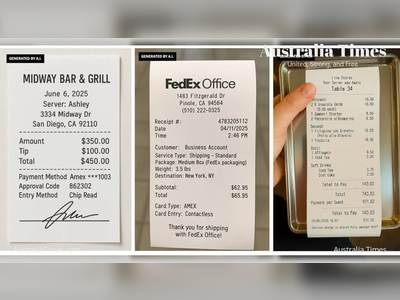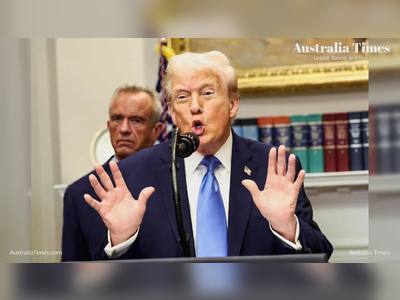
Australia Rejects Text & Data Mining Exception Amid AI Copyright Reform
The Australian Government has affirmed that any forthcoming updates to the country’s copyright laws will not include a broad exemption for text and data mining (TDM) in support of artificial-intelligence development. Attorney-General Michelle Rowland emphasised that while the government is actively reviewing how copyright should apply in the era of advanced AI, it remains committed to preserving creators’ rights and ensuring they benefit from new technological opportunities.
Ms Rowland reiterated that the government has “no plans to weaken copyright protection when it comes to AI”, and affirmed that the creative sector must partake in the dividends of emerging technologies rather than be displaced by them. The government has convened a two-day meeting of the Copyright & AI Reference Group to examine how legal certainty can be improved for AI training, licensing of copyrighted content, and enforcement of existing rights.
The decision comes amid calls from segments of the tech industry for the introduction of a TDM exception — a legal carve-out that would permit developers to freely use copyrighted works without direct permission or compensation, to train large-scale AI models. However, creative-industry organisations and major rights-holders welcomed the government’s strong stance. Bodies including the Australian Recording Industry Association (ARIA) and the Australian Society of Authors praised the maintenance of a licensing-based framework, arguing it safeguards creators’ control and revenue streams.
Under Australia’s existing legal regime, the Copyright Act 1968 permits certain uses of copyrighted materials under the narrow “fair dealing” exceptions — for purposes such as research or study — but does not include a generic exception for text and data mining or large-scale AI training. Legal observers have flagged that this position contrasts with regulatory developments in other jurisdictions: for example, the European Union has implemented TDM exceptions for non-commercial research, and the United Kingdom allows broader TDM use unless rights-holders have opted out.
The government’s announcement does not foreclose all reform: officials say the review will still explore how licensing pathways can be streamlined, how creators may take legal action more efficiently (including via a proposed small-claims forum), and how AI-driven uses of creative content can foster domestic innovation without undermining Australian culture and creative capacity.
The tech industry response has been measured. While industry participants acknowledge the government’s commitment to regulatory clarity, some argue that the absence of a TDM exception might elevate cost and complexity for AI firms seeking to train models on copyrighted content. Meanwhile, creative-sector spokespeople say the government’s decision provides a clear signal that copyright protections remain central to Australia’s digital future.
By ruling out the TDM exception, Australia is staking a course that emphasises licensing, creator compensation and lawful access — while recognising that AI presents “significant opportunities” for the economy and for Australian creative industries, rather than being a justification to dilute rights.
The upcoming sessions of the Reference Group are expected to map a forward agenda covering: how to encourage fair and legal access to copyrighted works for AI development; how to improve certainty around data-usage rights; and how to bolster enforcement mechanisms in the face of rapid transformative-technology change. The Government has indicated it will support these next steps in partnership with creators and industry alike.
